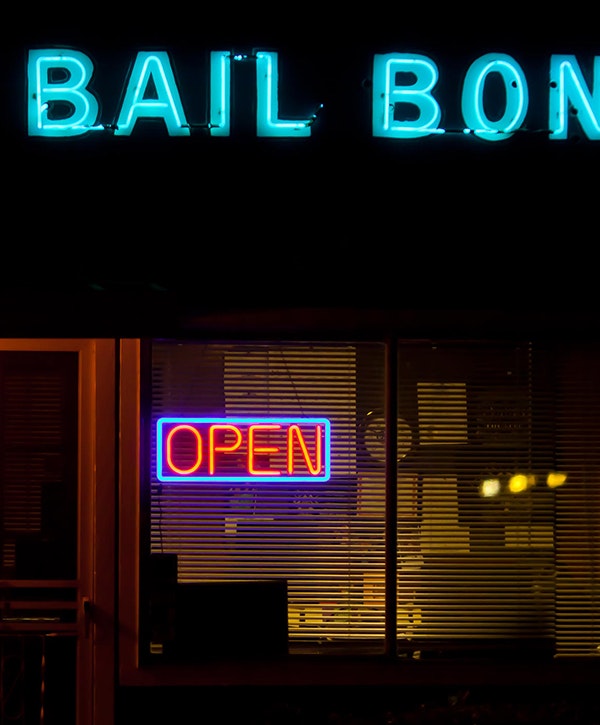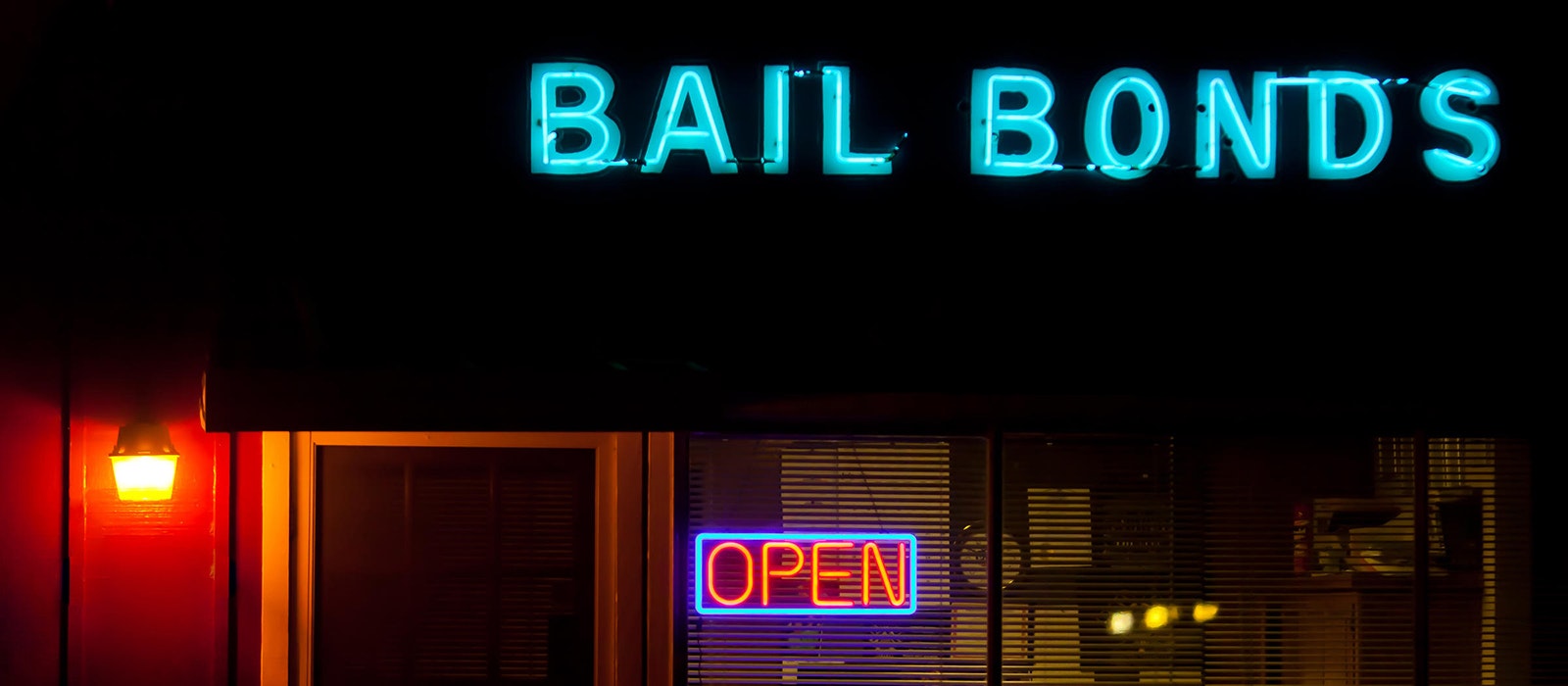Oklahoma incarcerates more people than any other state in the country. This year, Oklahoma has the opportunity to pass five important reforms that will shed the state of its #1 incarcerating title. One of these bills, SB 252 is a bail reform policy that would ensure many people charged with misdemeanors and non-violent felonies are not jailed while they are waiting for their day in court but, instead, are able to deal with their charges without disrupting their jobs or families.
SB 252 is up for a floor vote this week. Here are five reasons why Oklahoma needs bail reform now.
- Money bail punishes legally innocent people and criminalizes poverty. The Constitution protects the presumption of innocence for people accused of crimes, but bail punishes these people if they do not have the funds to pay for their release while they are awaiting their day in court. No one should have to stay in jail because they lack the money to buy their freedom.
- Money bail drains wealth from Oklahoma’s most vulnerable communities. For many families, the only way to pay money bail is through a commercial bail bonds agent, but these bail bond agents typically charge a nonrefundable fee of 10 percent to secure a person’s bond. These fees take an estimated $31 million every year from legally innocent Oklahomans who never get the money back, even after the case is closed.
- Jailing people who cannot afford bail has devastating consequences for women and families. The growth of incarcerated women is outpacing men by 50 percent, and 80 percent of women in jail have dependent children. Even when women are not the ones incarcerated, women are often the ones tasked with finding the resources to post bail or bond for their loved ones, while also caring and providing for their families alone. For those women and families who cannot afford bail, it costs them to stay in contact with their loved ones as they have to pay for calls and transportation to visit. On top of these direct costs, families must replace lost income, child support, and other financial contributions when a wage earner is incarcerated. Finally, incarceration also takes a toll on family members’ physical and mental health, education outcomes, and other measures of well-being.
- Bail reform could save taxpayers millions of dollars without impacting public safety. SB 252 would ensure that many people who are accused of non-violent offenses and are not a flight risk would not be unnecessarily jailed pretrial. Counties could save millions of dollars per year by releasing these people in a timely fashion without monetary conditions — money that could be better spent on treatment or other community priorities.
- Pretrial incarceration is bad for public safety when there are better alternatives that cost less, reduce incarceration, and strengthen communities. People accused of non-violent misdemeanor offenses who cannot pay their bail spend on average two to six weeks in jail awaiting their day in court. In some counties, the average person accused of a non-violent felony spends nearly six months in jail if they cannot afford bail. Studies show that longer periods spent in jail pretrial can actually increase the likelihood of recidivism and make the public less safe. Also many jurisdictions that are reducing or eliminating money bail have shown that other ways of encouraging people to show up for their court dates, such as sending court reminders, are just as effective and less costly than pretrial incarceration.
Passing SB 252 and reducing the use of money bail would be an important first step toward ending Oklahoma’s incarceration crisis. Oklahoma needs bail reform now.

